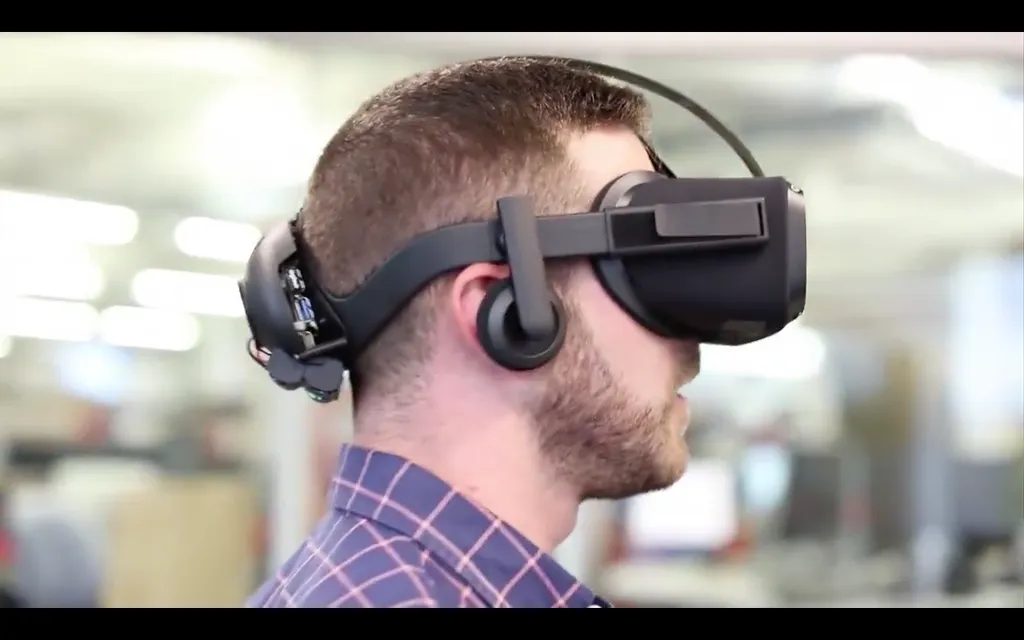Update: UploadVR can confirm that Oculus will not be shipping the reported standalone headset this year. The company is, however, exploring multiple options within the the standalone space, and has not stopped work on its Santa Cruz prototype. The company isn’t planning to replace the Rift with the Santa Cruz prototype, either.
Meanwhile, an Oculus spokesperson provided us with the following statement: “We don’t have a product to unveil at this time, however we can confirm that we’re making several significant technology investments in the standalone VR category. This is in addition to our commitment to high-end VR products like Oculus Rift and mobile phone products like Gear VR.”
Correction: An original version of this article stated that the rumored standalone headset will be releasing this year. The report actually states it will ship next year. We’ve updated the story below to reflect this.
Original story: We haven’t seen Oculus’ standalone VR headset since a prototype debuted at Oculus Connect last year, but a new report surfacing today suggests the company will have an all-in-one headset out next year for just $200.
Bloomberg says as much, citing sources that asked not to be named. The headset is apparently codenamed Pacific and will sport an interface similar to Oculus and Samsung’s Gear VR mobile headset. No phone will be necessary, however, has Pacific will have all of the necessary components built into the machine already. One source also said that the device will be lighter than Gear VR. You’ll use a wireless remote to control the device.
Here’s the interesting part, though; this device might not be the same as the Santa Cruz headset that was introduced at Oculus Connect. Bloomberg’s report states that Santa Cruz is actually a separate prototype to Pacific and is in fact meant to power the same kind of experiences you would see on PC without actually needing the rig. Does this mean Facebook is working on two standalone devices that vary in processing power? Could we expect Pacific to instead be capable of experiences similar to current mobile VR apps?
We’ve reached out to Oculus to ask about the validity of the report.
If true that might pit Pacific against Google’s upcoming WorldSense headsets, which are standalone devices with positional tracking that support the company’s pre-existing Daydream mobile VR ecosystem. If that’s the case then Oculus would again be competing with HTC, which is making a WorldSense headset for release later this year. The two also currently compete in the high-end VR space with the Oculus Rift and HTC Vive respectively.
We’ll likely find out just how accurate this report is at Oculus Connect 4 in October if not sooner. We’ve already got plenty of questions about positional tracking and input.
























